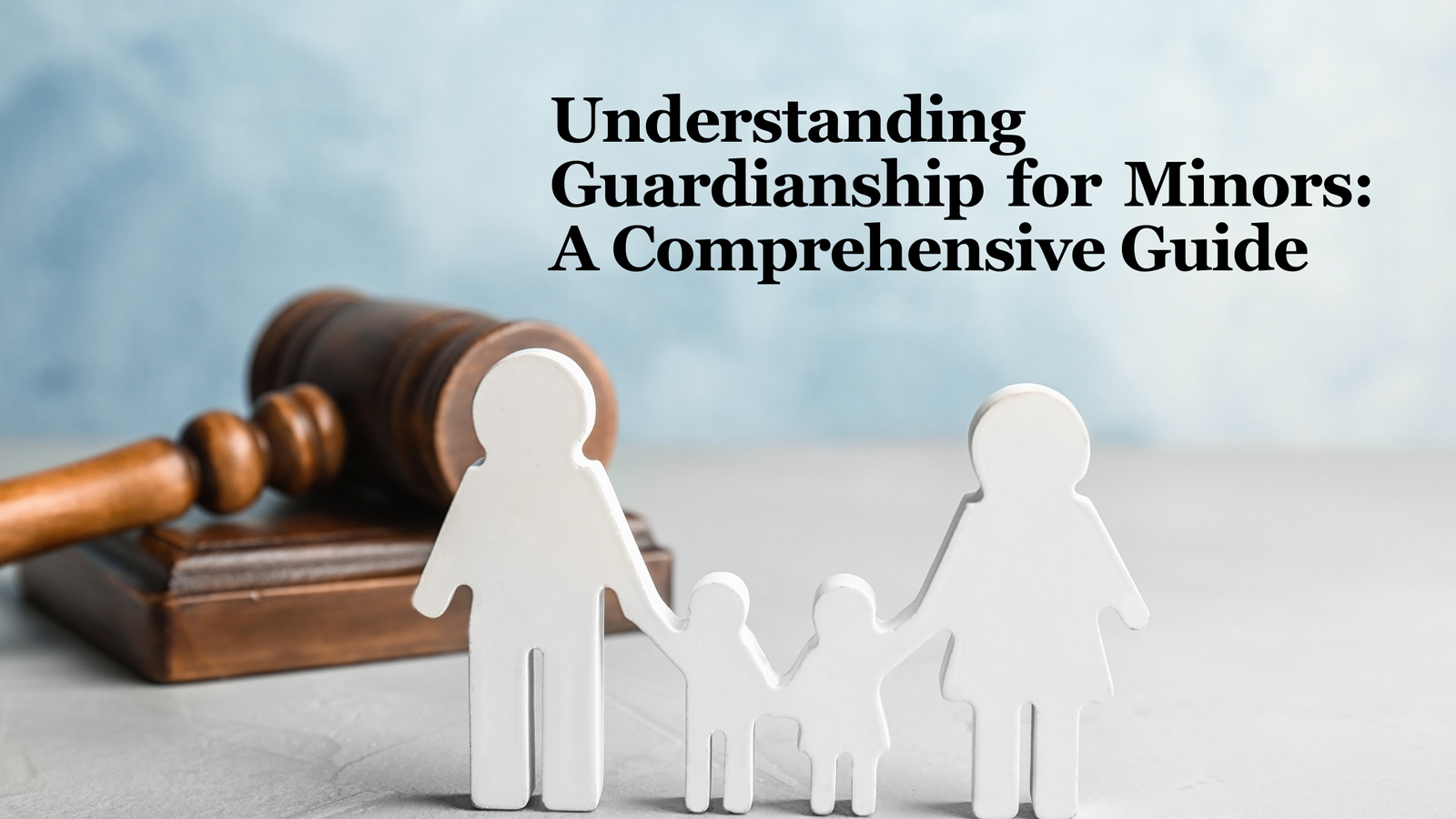What are the Common Activities in Assisted Living Facilities?

Assisted living facilities play a crucial role in providing support and care for seniors who may require assistance with daily pursuits but still desire an independent and active lifestyle. These facilities are designed to foster a sense of community, offering a variety of engagements that cater to the diverse interests and abilities of their residents. In this article, we will delve into the common pursuits that makes assisted living facilities vibrant hubs of social interaction, wellness, and fulfillment.
Contents
What Services Do Most Assisted Living Facilities Provide?
Fitness and Wellness Programs
Assisted living facilities recognize the importance of maintaining physical health and well-being. Therefore, they often offer fitness classes tailored to seniors, such as gentle yoga, chair exercises, and walking clubs. These services not only promote physical health but also contribute to a positive and social atmosphere within the community.
Arts and Crafts
Many assisted living facilities provide creative outlets for residents through arts and crafts sessions. These services can include painting, pottery, knitting, and other hands-on projects. Engaging in artistic endeavors not only stimulates cognitive function but also fosters self-expression and a sense of accomplishment.
Social Events and Outings
Socialization is a key aspect of assisted living, and facilities organize a range of social events and outings. From group lunches and themed parties to trips to local attractions, these services provide residents with opportunities to build friendships, share experiences, and remain connected to the broader community.
Educational Programs
Lifelong learning is a cornerstone of assisted living facilities. Residents often have access to educational programs, workshops, and guest lectures on a variety of topics. These sessions not only keep the mind sharp but also create opportunities for social interaction among seniors.
Entertainment and Cultural Events
Assisted living facilities frequently host entertainment events, including musical performances, theater shows, and movie nights. Cultural program, such as book clubs and discussion groups, cater to a variety of interests and help residents stay engaged with the arts.
Game Nights and Puzzles
Board games, card games, and puzzles are staples in assisted living facilities. These services promote friendly competition, mental agility, and social interventions. Regular game nights are a favorite among residents, providing both entertainment and a chance to strengthen interpersonal bonds.
Volunteer Opportunities
Assisted living facilities may facilitate volunteer opportunities for residents who wish to give back to the community. Whether through local charities or within the facility itself, these allow seniors to contribute their time and skills, fostering a sense of purpose.
Gardening and Outdoor Engagements
The benefits of senior living communities extend beyond mere accommodation, as they proudly feature enchanting outdoor spaces. Residents actively engage in gardening within these scenic environments, fostering a profound connection with nature.
How Do Assisted Living Facilities Handle Emergency Situations and Medical Emergencies?
Emergency Response Plans
Assisted living facilities develop comprehensive emergency response plans that outline procedures for various types of emergencies, including medical crises, natural disasters, fires, and more. These plans are regularly reviewed and updated as needed.
Staff Training
Facility staff undergo rigorous training to respond effectively to emergencies. This training includes first aid, CPR (Cardiopulmonary Resuscitation), and other relevant skills to ensure that staff members are well-prepared to handle medical emergencies.
24/7 Staff Presence
Assisted living facilities typically maintain a 24/7 staff presence to address emergencies promptly. This ensures that assistance is available at any time of day or night.
Emergency Call Systems
Residents are often provided with emergency call systems or devices that allow them to quickly summon assistance. These systems may be in the form of wearable devices, pull cords, or buttons in living spaces.
Medication Management
Assisted living facilities typically have systems in place for medication management. This includes tracking medication schedules, ensuring proper dosages, and responding appropriately if a resident experiences adverse effects.
Collaboration with Emergency Services
Senior living communities establish relationships with local emergency services, such as paramedics and fire departments. In the event of a medical emergency, staff can quickly contact and coordinate with these services to ensure a swift response.
Regular Drills and Simulations
Facilities conduct regular emergency drills and simulations to familiarize staff and residents with proper procedures. This practice helps ensure that everyone knows what to do in case of an actual emergency.
Communication Protocols
Clear communication is crucial during emergencies. Assisted living facilities establish communication protocols to inform residents, families, and staff about the nature of the emergency, the steps being taken, and any necessary instructions.
Conclusion
Assisted living facilities are more than just places for seniors to receive care; they are dynamic communities that prioritize the well-being, engagement, and happiness of their residents. If you are a resident of Mckinney, Tx you can call the professional senior assisted living in Mckinney Tx who provides facilities to create an enriching environment that supports seniors in leading fulfilling lives during their golden years. The combination of physical, social, and intellectual pursuits contributes to a holistic approach to aging, fostering a sense of belonging and purpose within the assisted living community.









